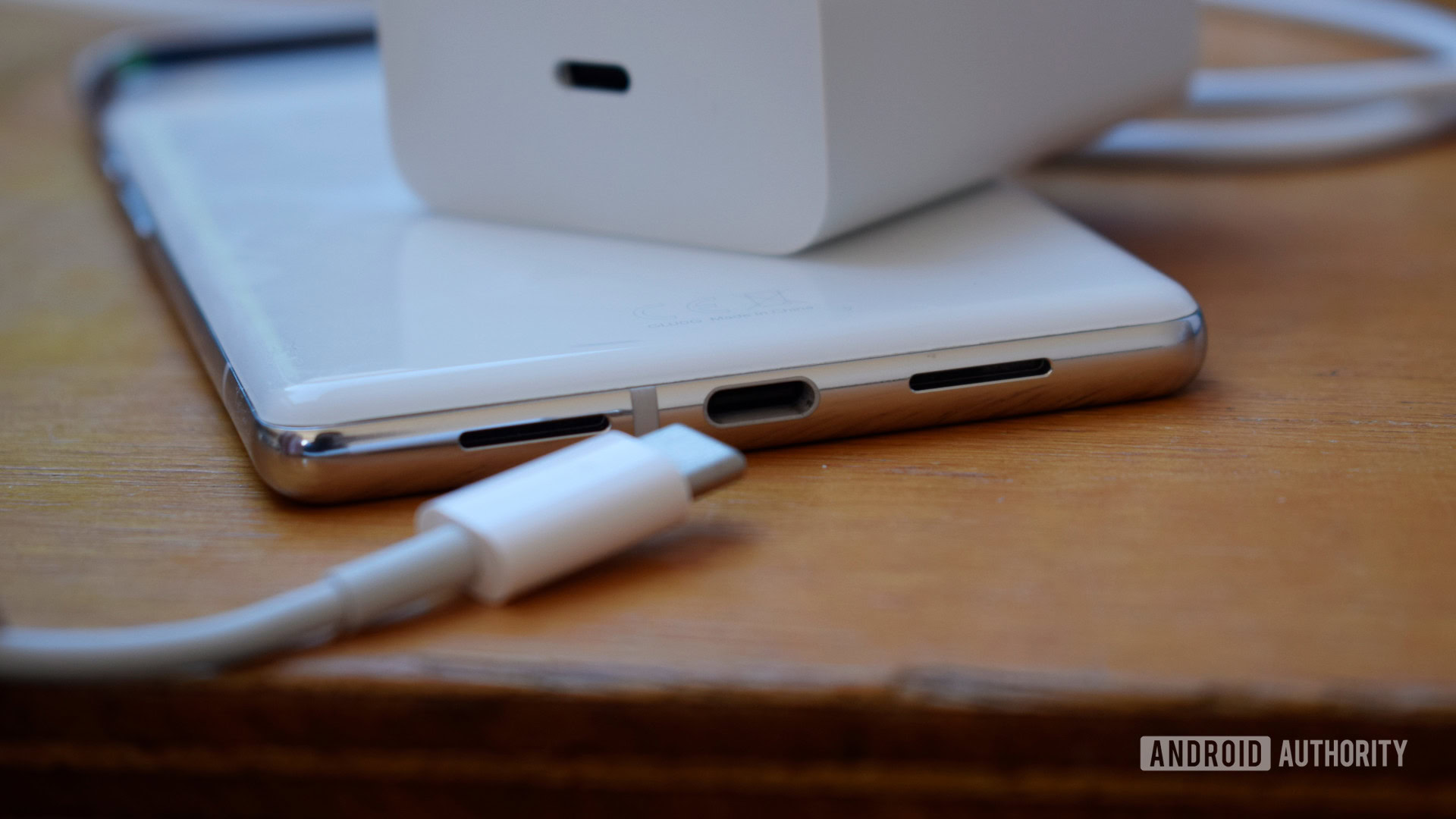FBI comes right out and says it: Don’t plug your phone in at airports

Robert Triggs / Android Authority
TL;DR
- Juice jacking is on the rise.
- This hacking method uses publicly available USB outlets to skim data from smartphones.
- The FBI is now recommending travelers completely avoid USB outlets in airports.
If you’ve traveled recently, you’ve likely noticed plenty of free USB outlets scattered around airports. As our lives increasingly rely on smartphones and other battery-powered devices, having a place to charge up is essential — especially if you’re stuck at an airport for a few hours.
Unfortunately, using these freely available USB outlets isn’t the best idea. The reason for this is “juice jacking,” a hacking method that uses illegally altered USB outlets to skim smartphone data. Today, an official FBI Twitter account tweeted out a warning to travelers: “Avoid using free charging stations in airports, hotels, or shopping centers.”
While this isn’t the first time we’ve heard official government organizations warn about juice jacking, this is the first time we’ve heard any of them say we should avoid public USB outlets altogether.
Generally, you’re most at risk of getting “jacked” from a USB outlet, i.e., one that you directly connect to a phone’s USB cable. However, hackers can also compromise traditional outlets, so you should try to avoid them as well.
The best way to avoid juice jacking is to simply not use public USB outlets. If you need a top-up, plug directly into a traditional outlet using your own wall adapter, use a portable power bank, or hold off as long as possible until you’re near an outlet you can trust.
For all the latest Technology News Click Here
For the latest news and updates, follow us on Google News.

